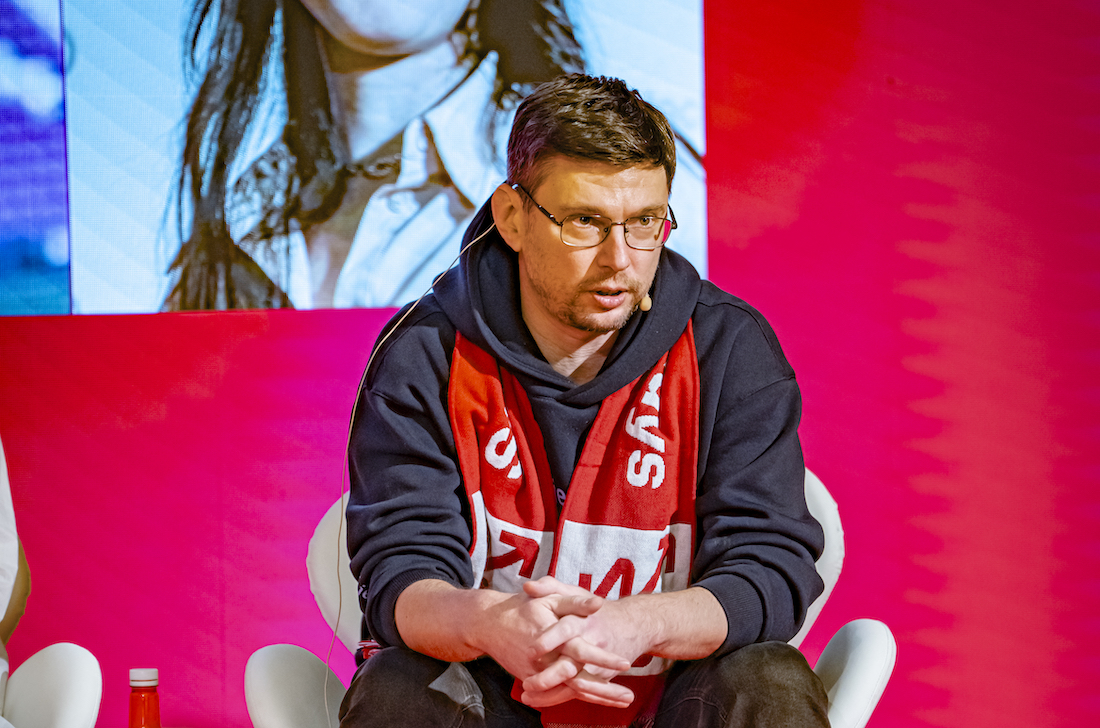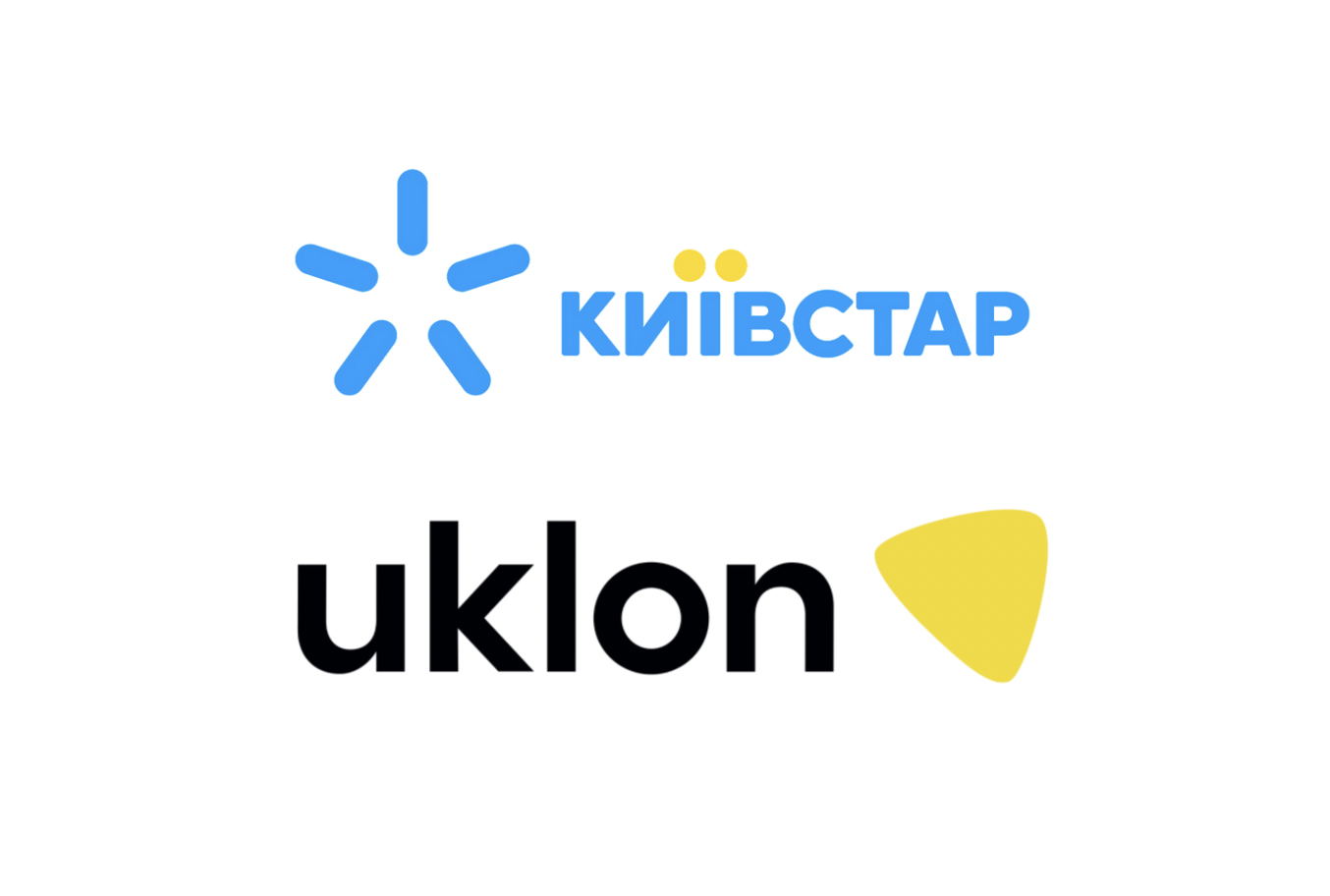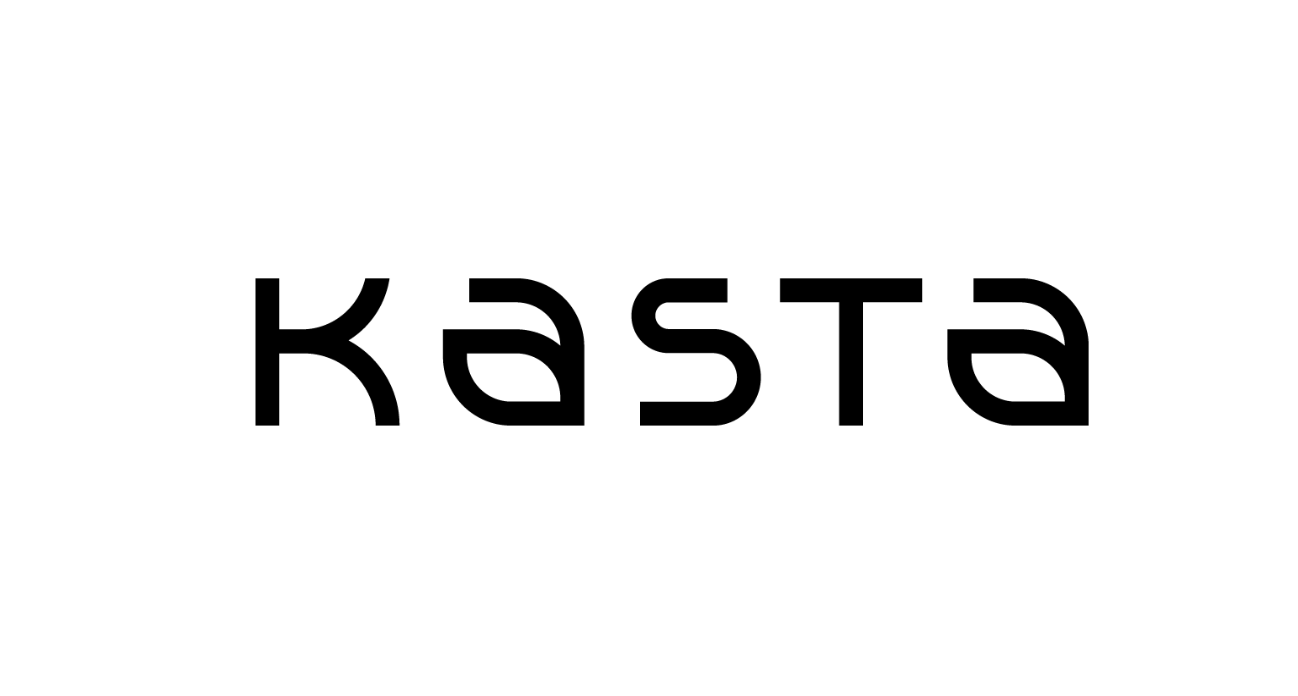In February 2025, Ukrainian startup Jetbeep acquired the Estonian company Parcelsea. Both teams specialize in producing postal machines, including hardware and software. Scroll.media spoke with Jetbeep co-founder Valery Chekalkin about the reasons behind the deal and their plans for the future.
For context:
- Jetbeep currently provides technology — controllers and software — that enables the creation of autonomous parcel lockers with the same functionality as devices powered by electricity. Why is this significant? Because one of the main concerns logistics operators have about integrating autonomous lockers into their networks is maintaining a unified user experience for both customers and couriers. Jetbeep’s technology solves this problem without compromising functionality.
Importantly, clients don’t need to break off existing contracts with metal locker manufacturers, which are often long-term relationships. Jetbeep’s solutions can be integrated without replacing the hardware partners. - Community Locker Parcelsea, on the other hand, is a manufacturer of postal lockers and a long-time user of Jetbeep’s technology. Their main product is standalone parcel lockers powered by Jetbeep’s system. Estonian postal operator Omniva has already purchased these machines and launched a pilot project in the Baltics (Lithuania, Latvia, and Estonia), which is now scaling.
What are the terms of the deal — cash, credit, equity?
Due to an NDA, I can’t disclose the details. We financed the deal partially with our own funds and also raised additional investment. That’s all I can say.
But beyond money, a major part of the acquisition was the team itself. Parcelsea has incredibly talented people, and we’re happy to have them join us.
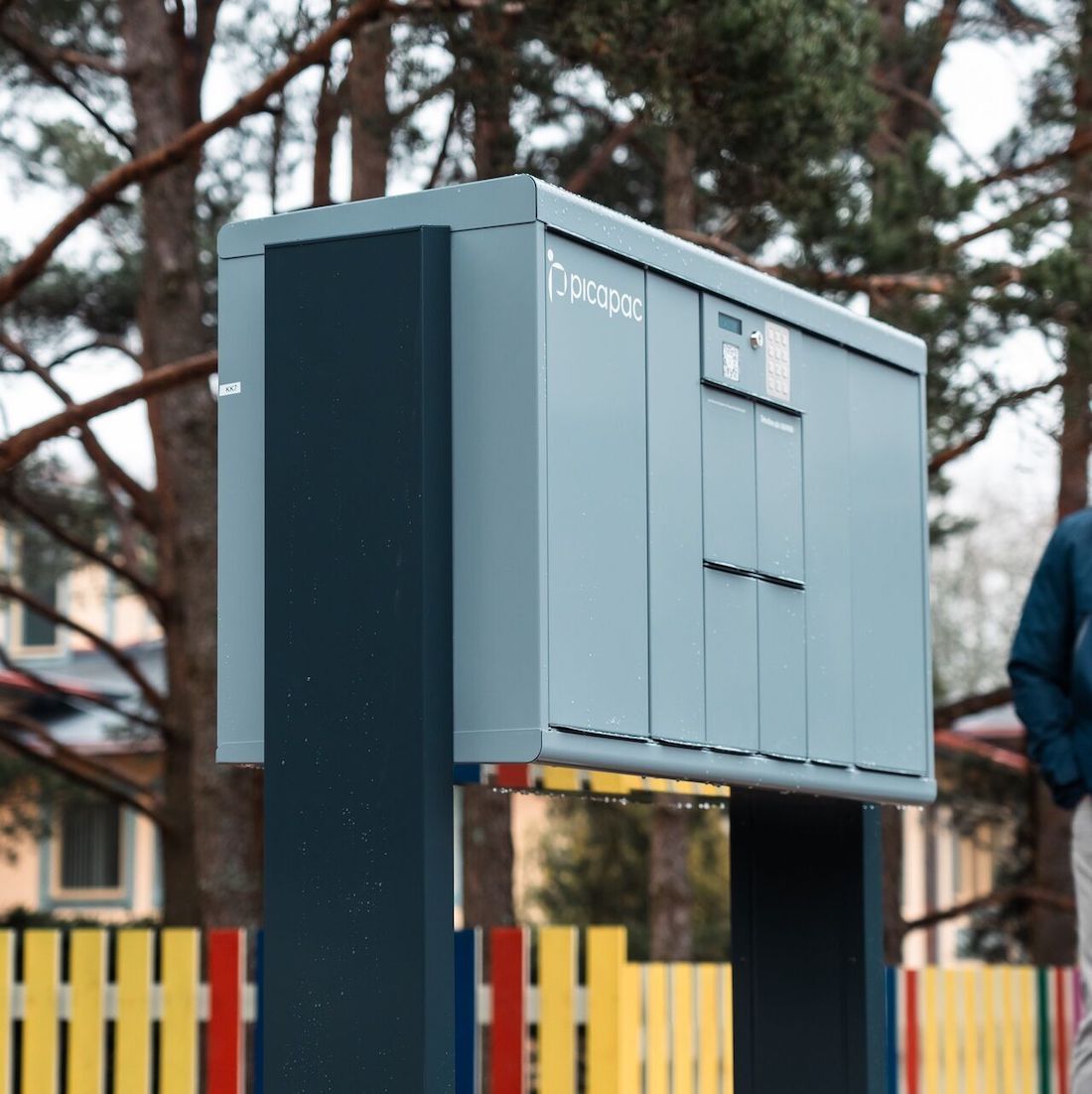
How big is your team now?
Up to 20 people. We’re growing steadily without unnecessary bloat. We also collaborate with many partners to whom we outsource certain tasks.
Why did you make this deal? What were the key reasons?
There are three main reasons. Let’s take them one at a time:
- First, the team. These are experts with 20 years of experience — co-founder-level professionals. They bring deep knowledge in logistics, business management, and product development. It’s not just about hiring smart people — it’s about having exactly the right people to grow our business.
- Second, we’ve worked with Parcelsea for a long time. Their products are among the best on the market, and their postal machines are clearly ahead of the competition. Experience matters, and now we’re lucky to have it in-house.
- Third — and just as important — is the product itself. Parcelsea has created the best design and technology for parcel lockers. We were planning to collaborate with them anyway to build our own European network and would have paid for a license. Now, they’re part of the team.
Tell us more about the expansion plans.
We want to build an open postal network across Europe. That means installing our own parcel terminals and renting out individual cells to other players. For example, if a company needs to deliver a parcel to a specific location, they’ll be able to use one of our lockers — even just one cell.
It’s a risky idea, but the market potential is huge. To put it in perspective: the self-service parcel locker market, where we’re already active, is worth around €2 billion a year. The broader last-mile delivery market — which includes parcel lockers — is worth €150 billion. That’s 75 times bigger. We already have a slice of the first pie. Now it’s time to go after the second.
What does your business look like today? What’s your main focus?
We’re currently selling our tech solutions to major clients, including postal operators, both European and international. Demand is strong — we actually have more clients than we can handle. As they say, it’s a nice problem to have. We can’t share exact figures, but our business is growing fast. That’s why we’re ready to take a risk and try to combine two models: continuing partnerships and developing our own network.
Of course, there’s risk. The key KPI for any parcel locker is compartment occupancy. When we sell a locker to a client, it’s their headache. But when we build our own network — it becomes ours.
Still, we’re confident. We’ve already installed lockers for others, know how the system works, and see the potential for something much bigger. It’s a chance to build a truly large company.
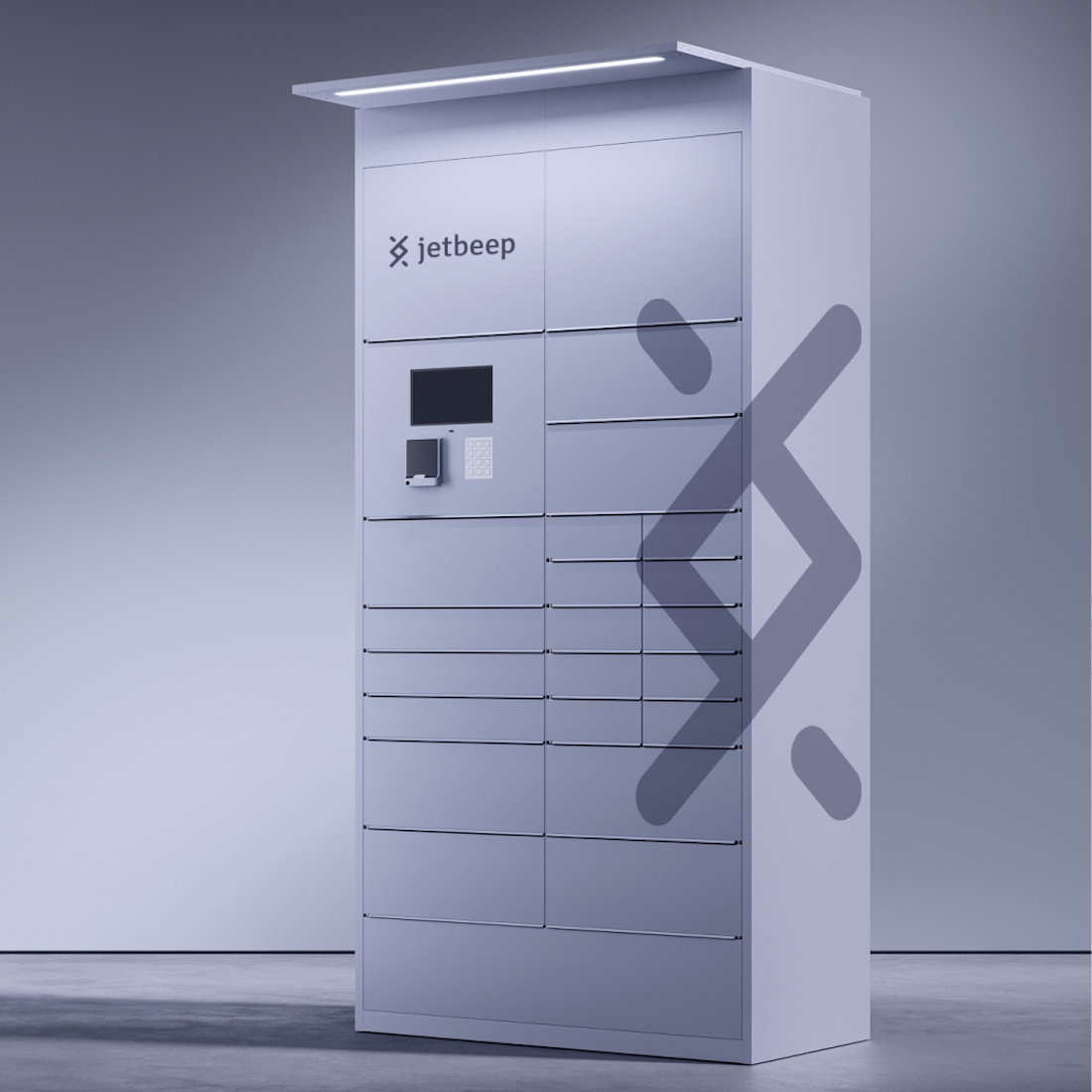
A reasonable question might be: what’s the point of both selling parcel lockers to clients and building our own network? The answer is simple: if we don’t sell them a locker — they’ll just buy one from someone else. They won’t give up the idea. So our strategy is to earn without losing the client.
The market potential is incredible. Berlin alone plans to double its number of parcel lockers by 2030. In Germany overall, there’s room for 100,000 to 200,000 lockers. The US is a wide-open opportunity — the market there is still far behind Ukraine and Europe.
We want to be part of this growth in every way we can.

